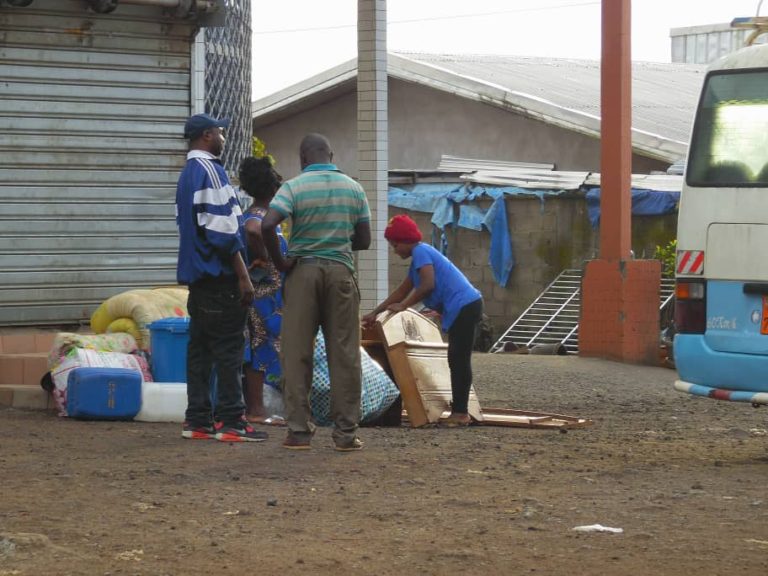Cameroon is restricting the movement of thousands of people into and out of the city of Bamenda, the main entry point into the restive North West Region.
Inter-urban transport buses, the principal means of transportation for the region’s people, will henceforth only make their entry or exit from Bamenda twice a day, a prefectural order issued on Monday, March 9, 2020, stipulates.
According to the decision taken by Simon Emile Mooh, a senior divisional officer of Mezam, transport agency buses leaving Bamenda towards Bafoussam shall be expected to assemble at the Customs Junction by 9:00 am and 6:00 pm each day. Meanwhile, public transport vehicles seeking to enter Bamenda will have to assemble at Matazem by 6:00 am and 5:00 pm as a routine. All public transport buses entering or exiting Bamenda will have to do so under heavy security escort. Mooh has promised to severely punish anyone or group of persons who go against the new order.
The civil administrator, who was appointed by President Paul Biya (in power since 1982) in October 2019, noted that the decision was taken following the exigencies of public order.
In recent times in the two English-speaking regions of Cameroon which have seen an uptick in violence, armed men suspected to be separatist fighters have laid ambush on vehicles, including public transport buses and military vehicles. In some instances, the automobiles have been set ablaze.
Restricting movement in the North West and South Regions is an old practice dating back to 2016 when mass protests erupted over the marginalization of the country’s Anglophones by the Francophone-led and dominated government. Since 2017 when the conflict turned violent, Cameroon armed forces and separatists have had the region on lockdown on several occasions.
Many observers of the ongoing conflict fear the recent restriction of movement will worsen issues for the already battered economy. “Military convoys on their own have been attacked before in this region. So, what guarantee is there that they won’t be attacked this time around while escorting civilians,” an economist who opted for anonymity told Ubuntu Times from Bamenda. The source said the new restriction will slow down businesses in the region, which already lost Monday due to a ghost town in place. “Nothing will change than make matters worse for people and businesses. We shall keep counting the losses until everything returns to normal.”
Under the constitution of Cameroon, the government has the responsibility to ensure the free movement of people and protect them from torture, cruel, inhumane or degrading treatment. But in the last three years, things have turned upside-down in the two English-speaking regions.
Over 3,000 people have been killed, according to local rights group, in a drawn-out conflict which government didn’t handle with tact from the onset. No fewer than 679,000 people have been internally displaced, according to UN estimates, while over 60,000 are living under deplorable conditions as refugees in next door Nigeria.
There are no indications the government is considering an end to the conflict soon.
















